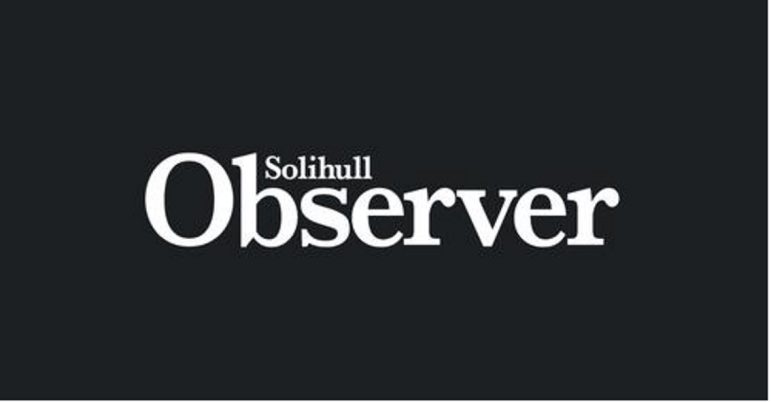Businesses in the UK are still looking to reduce their overheads as we move into the second half of 2023. You can do this by switching to a new business energy supplier or leveraging technology.
In this guide, we break down a few key ways your business can reduce its overheads. Ensure that you pick a few options that work both short and long-term.
Tips to reduce your businesses overheads
Embrace Energy Efficiency
Reduce energy costs by investing in energy-efficient lighting, appliances, and equipment. Encourage employees to turn off lights and computers when not in use and optimise temperature settings for heating and cooling systems.
Switch to a new energy tariff
Change business energy providers. Compare business energy prices and switch to cheaper rates. Actively reduce your business electricity prices and business gas prices to efficiently reduce your business’s operating costs.
Implement Telecommuting and Flexible Work Arrangements
Embrace remote work and flexible schedules to reduce office space requirements, utility costs, and commuting expenses for your employees. This approach can also improve productivity and employee satisfaction.
Optimise Inventory Management
Examine your inventory management processes to avoid overstocking or understocking products. Use inventory management software to track sales trends, manage stock levels effectively, and minimise the risk of obsolete inventory.
Leverage Technology
Identify areas where technology can automate or streamline business processes, saving time and reducing human error. This could include using cloud-based software for accounting, project management, customer relationship management (CRM), or communication tools.
Change business water rates
Change to a new business water supplier. You can compare business water prices and get a better deal on your business water rates. Save annually by switching away from your default supplier.
Negotiate with Suppliers
Regularly review supplier contracts and negotiate better terms or discounts based on your buying volume or long-term commitment. Explore alternative suppliers to ensure you’re getting the best value for your money.
Encourage Employee Cost-Consciousness
Foster a cost-conscious culture among your employees. Encourage them to contribute cost-saving ideas and reward them for implementing effective cost-cutting measures.
Outsource Non-Core Activities
Consider outsourcing tasks that are not central to your business’s core competencies. Outsourcing can provide cost savings by leveraging specialised expertise, reducing overhead, and eliminating the need for additional employee benefits.
Optimise Marketing Efforts
Evaluate your marketing strategies to ensure you’re targeting the right audience and getting a good return on investment (ROI). Focus on cost-effective digital marketing channels, such as social media, content marketing, and email campaigns, to reach a wider audience at a lower cost.
Implement Waste Reduction and Recycling Programs
Identify areas where waste can be reduced, such as excessive printing or inefficient use of materials. Implement recycling programs to minimise waste disposal costs and contribute to environmental sustainability.
Review and Renegotiate Contracts
Regularly review contracts with vendors, service providers, and landlords to ensure you are getting the best terms and rates. Look for opportunities to renegotiate or switch to more cost-effective alternatives.
Optimise Employee Benefits
Evaluate your employee benefits package to ensure you provide competitive offerings without overspending. Explore flexible spending accounts, wellness programs, or telemedicine services that can reduce healthcare costs.
Minimise Paper Usage
Embrace digital documentation and communication to reduce paper usage. Implement electronic invoicing, online collaboration tools, and document management systems to save on printing, stationery, and storage costs.
Encourage Employee Training and Development
Invest in employee training and development programs to enhance their skills and knowledge. This can improve efficiency, productivity, and employee retention while reducing the need to hire external resources.
Implement Preventive Maintenance
Regularly maintain and service equipment to prevent breakdowns and costly repairs. Implement a preventive maintenance schedule and keep detailed records to extend the lifespan of your assets and avoid unexpected expenses.
Consolidate and Optimise Shipping
If your business involves shipping products, negotiate shipping rates with carriers and explore consolidation options to reduce costs. Use shipping software to compare rates, track packages, and optimise logistics.
Utilise Virtual Meetings
Instead of travelling for meetings, utilise virtual meeting platforms to save on travel expenses, accommodation, and related costs. Virtual meetings can be just as effective for communication and collaboration.
Consider Co-working Spaces
If you have a small team or don’t require a dedicated office space, consider utilising co-working spaces instead of leasing a traditional office. This can significantly reduce rent and utility costs.
Conduct Regular Financial Analysis
Continuously monitor your financial statements and conduct a regular cost analysis. Identify areas of overspending or inefficiencies and take corrective actions to optimise your budget.
Seek Government Incentives
Research and explore government incentives or grants available for businesses in your industry. These programs can provide financial assistance or tax benefits, helping to reduce your overall costs.











